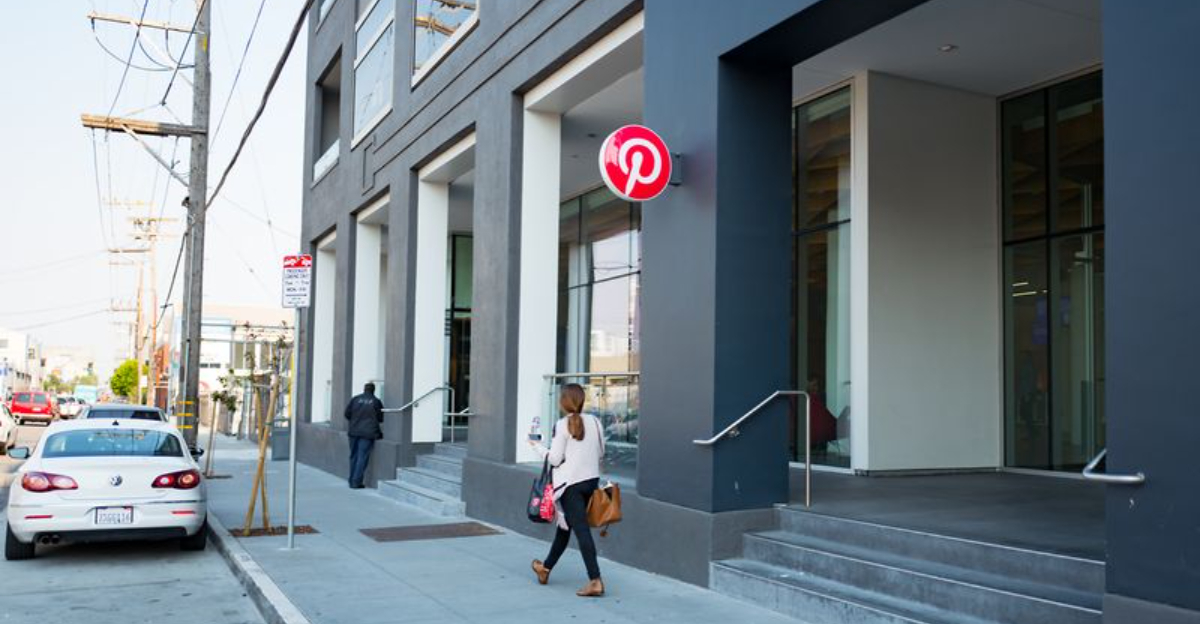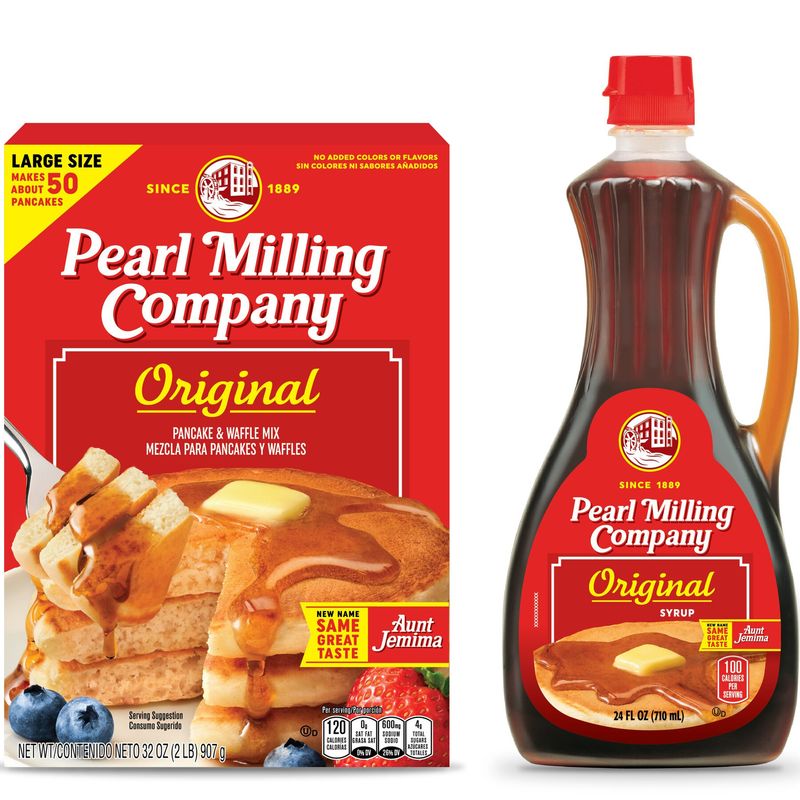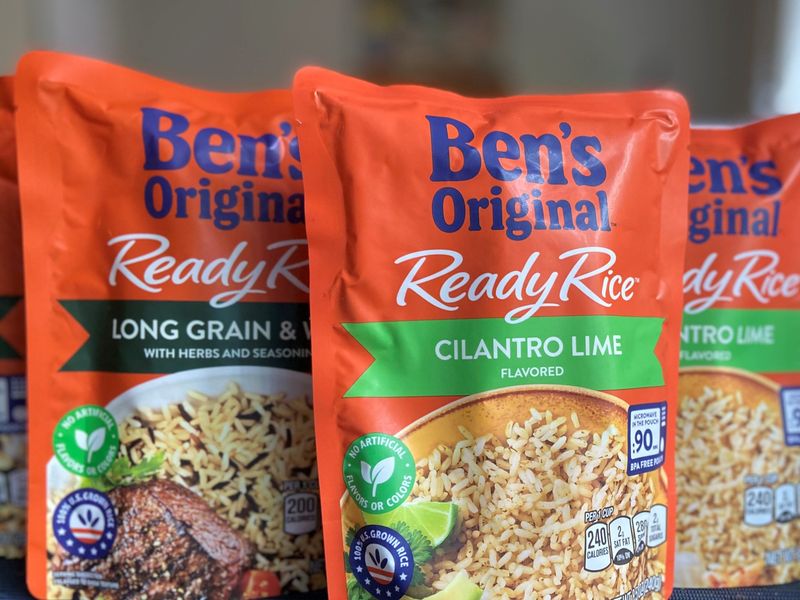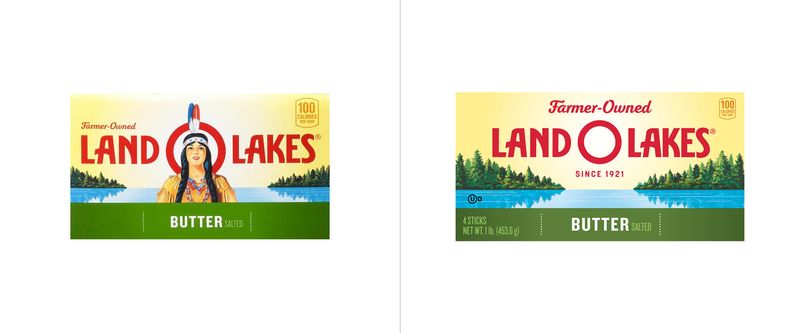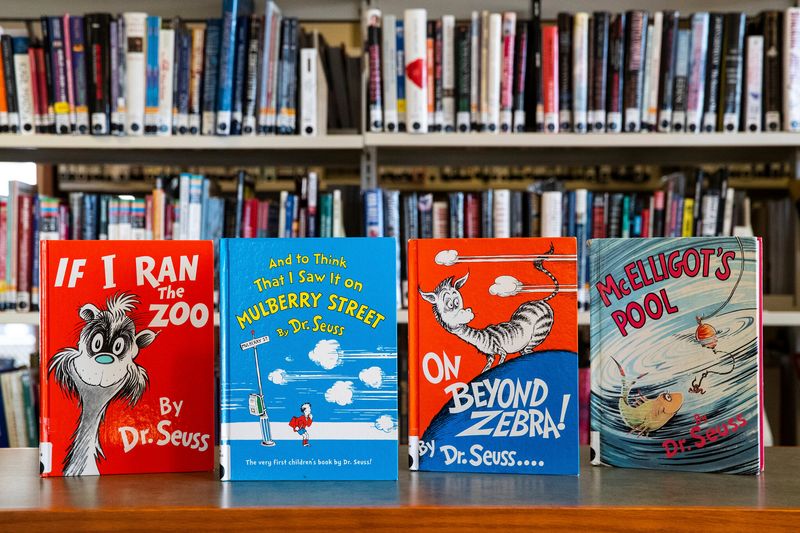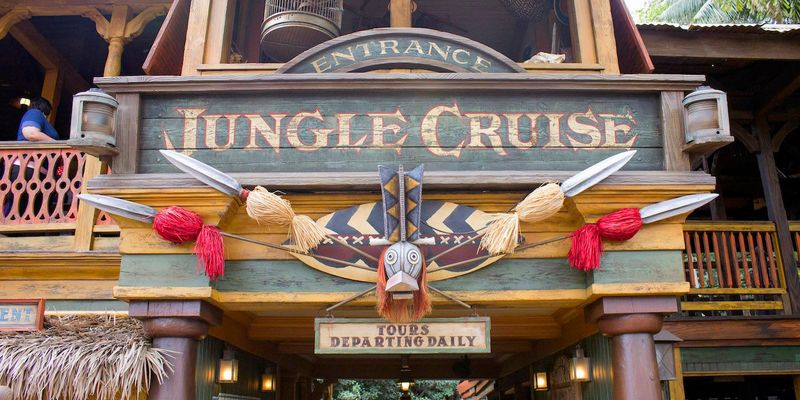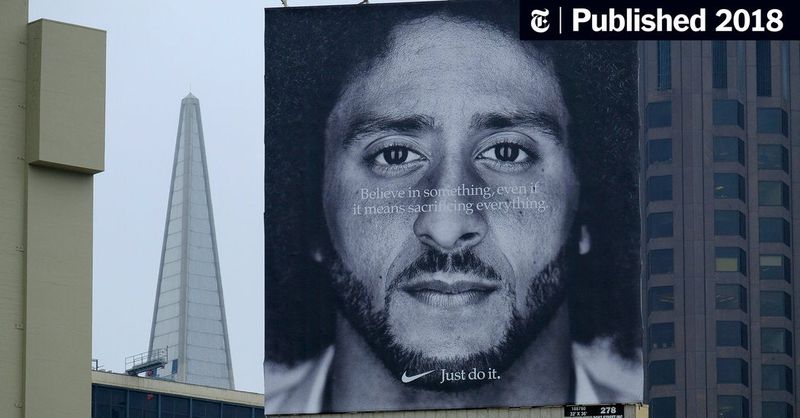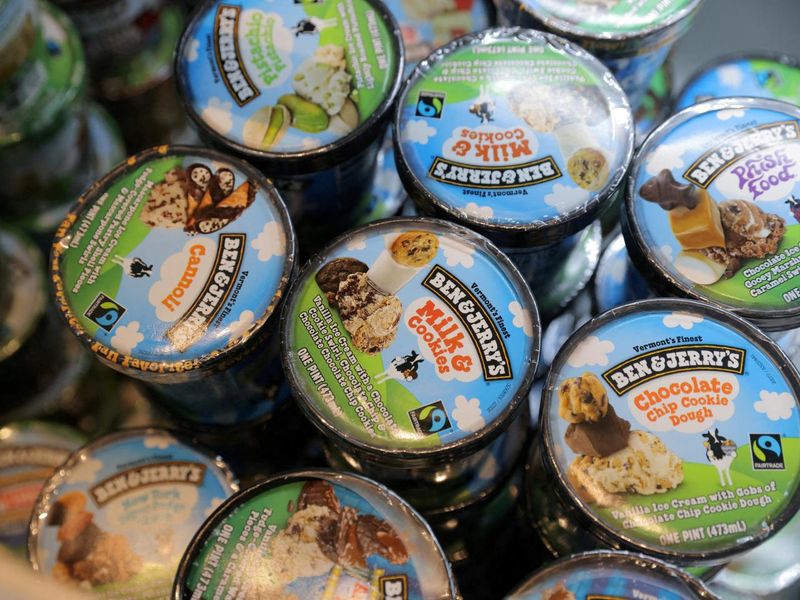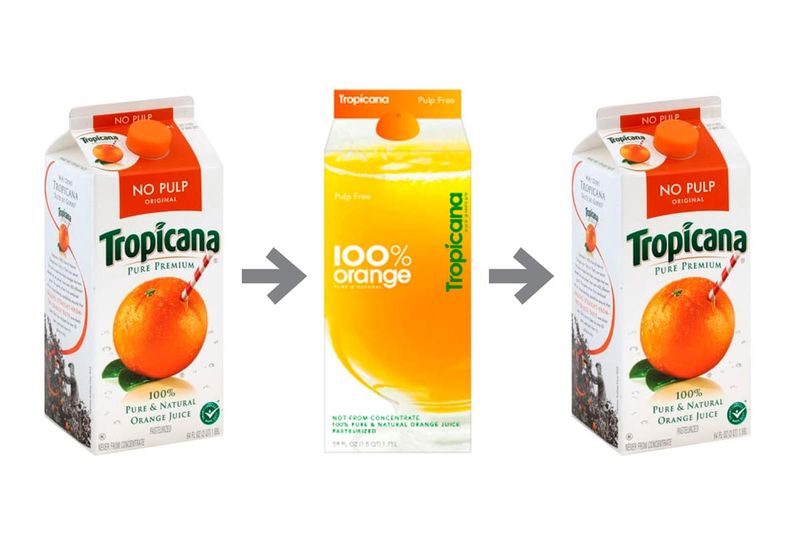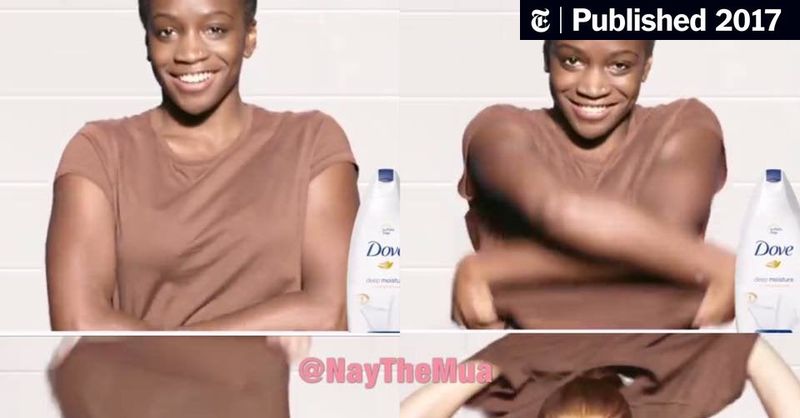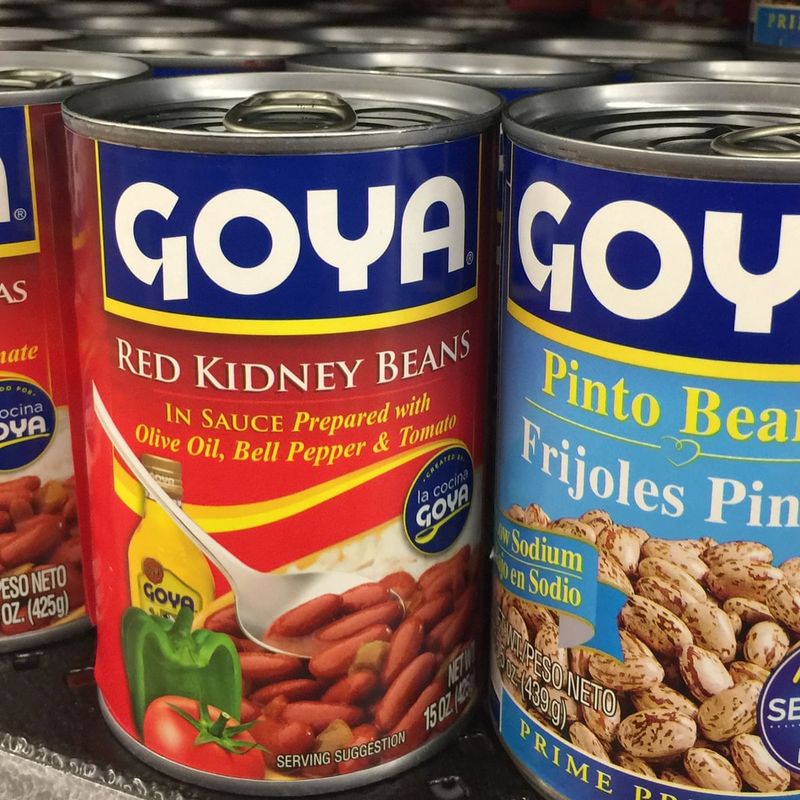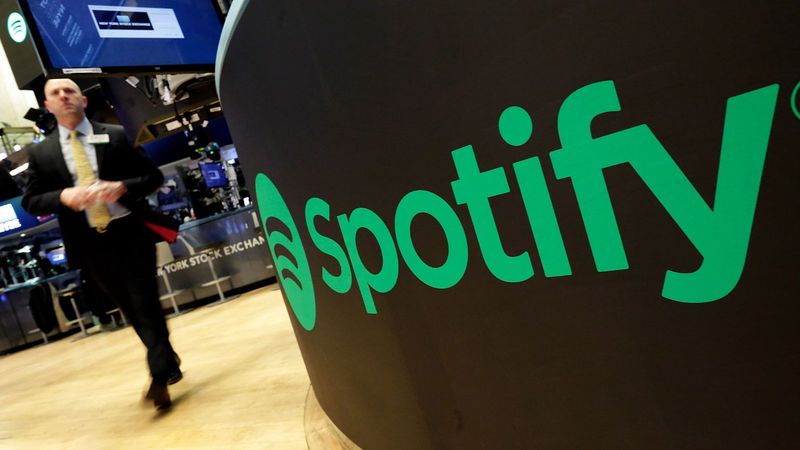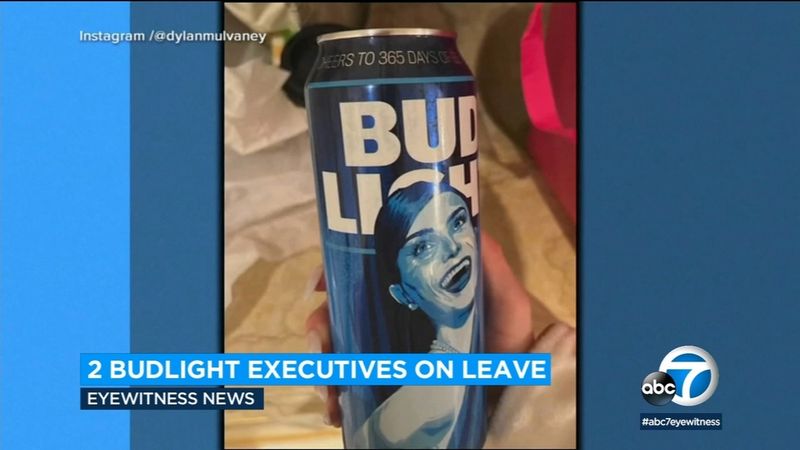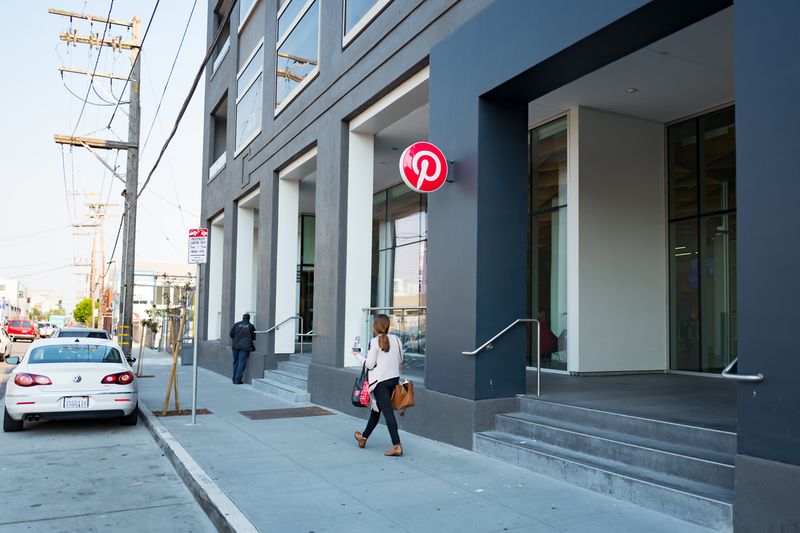Big companies today face more than just business challenges – they also deal with social pressure.
When public opinion shifts, even the most established brands sometimes have to change their ways.
These 17 companies made significant changes after facing criticism about outdated imagery, problematic messaging, or controversial stances.
1. Aunt Jemima’s Long Overdue Makeover
The familiar face of Aunt Jemima disappeared from breakfast tables in 2021. Quaker Oats finally acknowledged the brand’s troubling roots in racist minstrel shows and plantation stereotypes.
Now reborn as Pearl Milling Company, the syrup and pancake mix products maintain their recipes but shed the problematic imagery. The company even established a $5 million commitment to support Black communities.
Many celebrated this change as necessary progress, while others complained about “cancel culture.” Either way, the century-old brand recognized it couldn’t continue profiting from racist caricatures in today’s world.
2. Ben’s Original: Rice Without the Racism
Mars Inc. faced growing criticism about Uncle Ben, their smiling Black mascot in a bow tie. The character’s origins traced back to racist “uncle” terminology used during slavery.
Responding to pressure during 2020’s racial justice movement, Mars retired both the name and the face. The newly branded Ben’s Original packages feature only the company name and orange background.
Some consumers barely noticed the change while continuing to buy the same rice. Others viewed it as an important step toward eliminating harmful stereotypes from grocery store shelves. The company maintained its product quality while shedding its problematic imagery.
3. Football Team Fumbles Offensive Name
After decades of protests by Native American groups, Washington’s NFL team finally abandoned its controversial name in 2020. The pressure reached a breaking point when major sponsors like FedEx threatened to pull their financial support.
The team temporarily became the “Washington Football Team” before settling on “Commanders” in 2022. Their new logo and uniforms completely abandoned Native American imagery.
The change represented a major victory for activists who had long argued the previous name was a slur. Meanwhile, some longtime fans complained about tradition being sacrificed. The team’s performance hasn’t improved much, but at least their branding no longer perpetuates harmful stereotypes.
4. Land O’Lakes Removes Native American Mascot
For nearly a century, Land O’Lakes butter featured a Native American woman kneeling on packaging. In 2020, the dairy cooperative quietly removed this image while keeping the familiar landscape backdrop.
Many praised the decision as overdue recognition that using Native people as marketing mascots is inappropriate. Critics called it performative, noting the company made the change with minimal public acknowledgment.
The butter itself remained unchanged – just the packaging evolved. Land O’Lakes representatives emphasized their focus on farmers and agriculture rather than addressing stereotypes directly. The change happened during a broader societal reckoning with indigenous representation in commercial products.
5. Dr. Seuss Books Pulled From Shelves
Six Dr. Seuss books containing outdated racial stereotypes were discontinued in 2021. Dr. Seuss Enterprises made this decision independently after reviewing their catalog for problematic content.
The affected titles included lesser-known works like “If I Ran the Zoo” and “And to Think That I Saw It on Mulberry Street.” These books contained caricatures of Asian and African people that perpetuated harmful stereotypes.
Conservative media outlets framed this as “cancellation,” despite the fact that Dr. Seuss’s most beloved books remain widely available. The company’s decision sparked heated debates about balancing literary history with evolving social standards and the responsibility publishers have toward young readers.
6. Disney’s Cultural Cleanup Campaign
The House of Mouse scrubbed problematic elements from its empire in recent years. Jungle Cruise boats no longer feature offensive tribal caricatures, while Splash Mountain transformed from its roots in the controversial “Song of the South” to a “Princess and the Frog” theme.
Disney+ added content warnings to classics like “Peter Pan” and “Dumbo” acknowledging outdated cultural depictions. These disclaimers appear before films rather than editing the original content.
Some fans appreciated Disney addressing its complicated history. Others felt nostalgic attractions were being unnecessarily altered. The company walks a tightrope between preserving its legacy and acknowledging when that legacy includes harmful stereotypes.
7. Mr. Potato Head’s Gender-Neutral Rebrand
Hasbro created a stir in 2021 by announcing the iconic toy line would drop the “Mr.” from its brand name. The company clarified that while the brand would become simply “Potato Head,” the individual Mr. and Mrs. Potato Head characters would continue to exist.
Right-wing commentators immediately declared this evidence of gender ideology gone too far. In reality, the change was primarily about marketing flexibility for the 70-year-old toy line.
The controversy demonstrated how even minor branding adjustments can become culture war flashpoints. Despite all the outrage, the plastic potatoes themselves remained virtually unchanged, still sporting their detachable mustaches and purses for children to mix and match.
8. Nike Runs Toward Social Justice
Nike made waves by featuring Colin Kaepernick in their 2018 campaign after the quarterback’s NFL career ended following his national anthem protests. Their bold “Believe in something. Even if it means sacrificing everything” tagline explicitly supported Kaepernick’s stance against police brutality.
The company doubled down with Black Lives Matter support in 2020, pledging $40 million to organizations advancing racial justice. Videos addressing racism in America appeared on their social media platforms.
Conservative groups burned Nike shoes in protest videos. Meanwhile, progressive consumers celebrated the brand’s willingness to take a stand. Nike calculated that younger, diverse consumers would reward their activism more than they’d lose from boycotts.
9. Ben & Jerry’s Scoops of Activism
The ice cream maker has never shied away from social causes, but their activism intensified in recent years. Following George Floyd’s murder, they published statements explicitly calling to “dismantle white supremacy” and defund police departments.
Their stance on Palestinian rights and decision to stop selling ice cream in Israeli-occupied territories created international controversy. Even their parent company Unilever found itself caught in the political crossfire.
Ben & Jerry’s founders Cohen and Greenfield maintained unusual control over the brand’s social positions even after selling to Unilever. This arrangement allows them to take bolder political stances than most corporate entities would risk, making them both heroes and villains depending on one’s political perspective.
10. PepsiCo’s Progressive Pivot
Beyond retiring Aunt Jemima, PepsiCo faced backlash for a Tropicana campaign suggesting moms secretly drink orange juice with alcohol to cope with parenting. Critics called it irresponsible for normalizing alcohol dependency among mothers.
The beverage giant quickly pulled the ads and redirected their marketing toward more inclusive messaging. Their Mountain Dew brand also abandoned problematic mascots and imagery that relied on racial stereotypes.
PepsiCo established a $400 million initiative for racial equality and increased representation in their corporate structure. These changes came after decades of marketing that often relied on stereotypes and problematic messaging that wouldn’t pass today’s scrutiny.
11. Dove Soaps Up Its Inclusive Image
Unilever’s personal care brand transformed from conventional beauty marketing to body positivity pioneer. Dove faced criticism for a 2017 Facebook ad showing a Black woman removing her shirt to reveal a white woman – suggesting their soap could lighten skin.
The backlash forced Dove to apologize and completely overhaul their marketing approach. They launched the Real Beauty Pledge and campaigns featuring diverse body types, ages, and gender expressions.
Some praised these efforts as genuine progress in beauty advertising. Others viewed them as calculated marketing to appear progressive while still selling insecurity. Regardless, Dove’s campaigns now consistently feature women of all sizes, colors, and backgrounds.
12. Goya Foods’ Presidential Predicament
Hispanic food giant Goya faced unexpected backlash in 2020 when CEO Robert Unanue praised then-President Trump at a White House event. His comments sparked immediate calls for boycotts from progressive consumers and Latino advocacy groups.
The controversy intensified as conservatives launched a “buycott” in response, purchasing Goya products to counter the boycott. Even Ivanka Trump posed with a can of beans on social media, violating ethics rules about government officials endorsing products.
Goya’s board eventually restricted their CEO from speaking publicly after the incident damaged their brand among core Hispanic consumers. The company attempted to reframe their messaging to appear politically neutral while maintaining their cultural authenticity.
13. LEGO Builds Gender-Neutral Future
The iconic Danish toy company announced major changes to make their products more inclusive in 2021. After research showed toys influence gender stereotypes in harmful ways, LEGO committed to removing gender labels from their packaging and marketing.
Their website no longer categorizes products as “for boys” or “for girls.” Instead, they organize by themes, interests, and age appropriateness. LEGO also introduced more female characters in traditionally male-dominated sets like space and adventure themes.
Conservative commentators claimed the changes would confuse children. Meanwhile, child development experts praised LEGO for encouraging all children to build and create without arbitrary gender limitations. The colorful bricks themselves didn’t change – just the messaging around them.
14. Spotify’s Content Warning Controversy
The streaming giant faced intense pressure when Joe Rogan’s podcast featured COVID-19 misinformation and controversial guests. Artists like Neil Young and Joni Mitchell removed their music from the platform in protest of Rogan’s $100 million exclusive deal.
Rather than dropping their star podcaster, Spotify implemented content warnings on episodes discussing COVID-19. They also published their platform rules publicly for the first time and removed dozens of Rogan’s past episodes containing racial slurs.
The compromise satisfied neither side completely. Free speech advocates criticized any form of content moderation, while others felt Spotify prioritized profit over responsibility. The controversy highlighted the complex role tech platforms play in moderating potentially harmful content.
15. Coca-Cola’s Diversity Training Debacle
The beverage behemoth stirred controversy with an employee training program that advised workers to “be less white.” Slides from the LinkedIn Learning course leaked online in 2021, causing immediate backlash.
Conservative media outlets portrayed this as anti-white racism. Coca-Cola quickly distanced itself from the presentation, claiming it wasn’t mandatory and wasn’t created by the company directly.
The incident forced Coca-Cola to revamp their diversity initiatives with less inflammatory language. Their subsequent training focused on inclusion without singling out specific racial groups. The controversy demonstrated how even well-intentioned corporate diversity efforts can backfire when poorly executed or taken out of context.
16. Bud Light’s Trans Partnership Backlash
Anheuser-Busch faced unprecedented consumer revolt after partnering with transgender influencer Dylan Mulvaney in April 2023. The collaboration included custom Bud Light cans featuring Mulvaney’s face sent to her as part of a promotional campaign.
The backlash was swift and severe. Country music stars and conservative influencers called for boycotts, posting videos destroying Bud Light products. Sales plummeted by over 25% in some markets.
The company’s response seemed to please no one. They distanced themselves from Mulvaney, angering LGBTQ+ supporters, while continuing to lose conservative customers. The controversy cost the company billions in market value and demonstrated the risks of navigating America’s culture wars.
17. Pinterest Pins Down Workplace Problems
The seemingly wholesome image-sharing platform faced serious internal turmoil in 2020. Former employees Ifeoma Ozoma and Francoise Brougher went public with allegations of discrimination, unequal pay, and retaliation against women and people of color.
Employee walkouts and social media campaigns forced Pinterest to address its toxic workplace culture. The company settled a gender discrimination lawsuit for $22.5 million and committed to major internal reforms.
Pinterest subsequently overhauled its leadership team and implemented new diversity goals. They also changed platform policies to better address harmful content. This case highlighted how companies projecting progressive public images sometimes fail to apply those same values within their own corporate walls.
